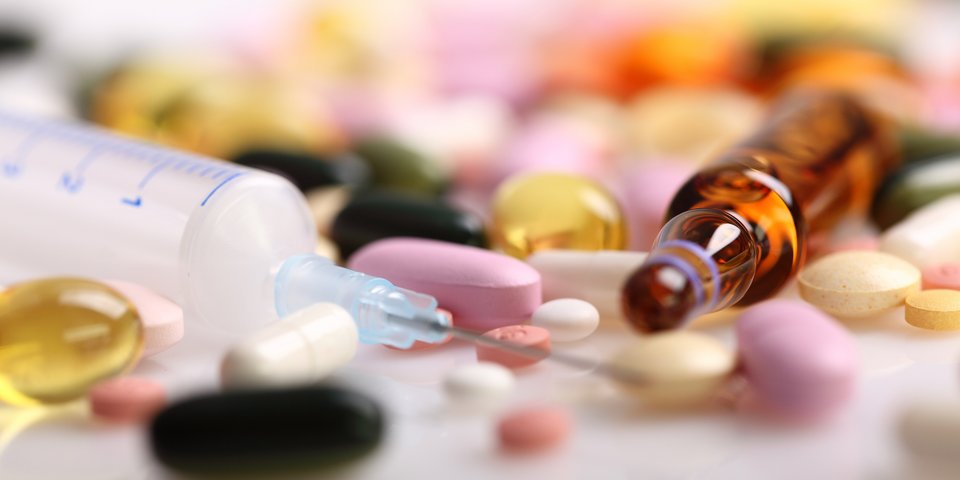 Sven Bhren - Fotolia
Sven Bhren - FotoliaTreating patients with biosimilars
European Commission publishes information guide for healthcare professionals.
MS – 05/2017
The European Commission wants to encourage the development of the biosimilar market (see also article from April 2017). As part of a workshop organised in May 2017 by the Directorate General for the Internal Market, various stakeholders discussed the treatment of patients using biosimilars. The European Commission presented an information guide on biosimilars for healthcare professionals, developed in conjunction with the European Medicines Agency (EMA).
Health professionals at the focus of discussions on biosimilars
The information guide is the start of an awareness campaign on biosimilars organised by the European Commission and EMA. A biosimilar is a biological medicine that is similar to another approved biological medicine. The aim of the guide is to provide healthcare professionals, in particular doctors, with scientific and regulatory reference information on the development and approval of biosimilars. Doctors play a key role in the prescription of biosimilars because in everyday healthcare, patients are often guided by their doctor’s opinion.
Even though the first biosimilar was approved for use in the EU in 2006 and there are more than 10 years of experience with them, acceptance of biosimilars is still quite low among doctors. During the discussions, doctors expressed the opinion that biosimilars can pose a risk to patients and therefore mandatory substitution of reference medicines with biosimilars should be rejected. The financial side was also highlighted: the prescription of biosimilars must not put financial considerations above medical ones. At the same time, the issue of financial incentives was raised. Gainsharing models, known mainly from the UK, provide financial incentives to doctors or hospitals when they prescribe biosimilars.
Ways and means to ‘more’ biosimilars
In order to increase the use of biosimilars in the healthcare market, more and more Member States are conducting public tenders. It was argued that the statutory framework should not be a straightjacket. On the contrary, tendering procedures should open up a variety of options which do not force the cheapest offer to be taken but rather the offers with the “greatest economic benefits”.
Representatives from Slovenia, a country with a relatively small pharmaceutical market, reported on learning from their mistakes: for example, experience with cytostatics has shown that price must not be the only criterion. Specifically, the tender process has resulted in a new monopoly which has subsequently led to a further increase in prices. Tenders are now split with the cheapest offer receiving 70% of the market and the second lowest receiving 30%.
Experiences from the Member States
Denmark has emerged as the leader in the use of biosimilars. For several biosimilars they have a replacement rate of almost 100%. Using special national programmes, including via YouTube, patients and the medical community have been educated that biosimilars are in no way inferior to reference medicines.
Italy’s representatives spoke about a steady growth in the use of biosimilars, albeit with significant regional differences. This variation in the use of biosimilars could be attributed inter alia to disparate rules for clinical trials and public procurement procedures in Italy. There is also a lack of comprehensive information for doctors and patients.
Position of European Medicines Agency
EMA representatives stressed that biosimilars offer the same efficacy and safety of their reference medicines. According to the scientific studies available, substitution does not lead to any problems. Patients would have to be monitored regardless of whether they take a biological reference medicine or a biosimilar.
What now?
There was general consensus at the end of the workshop that the use of biosimilars can only be increased if general market acceptance is also raised, especially acceptance by doctors and patients. This can be achieved by learning from the experiences of other Member States such as Denmark. The first step should be to better explain biosimilars and to build more confidence in biosimilars through evidence-based information.
The Directorate General for the Internal Market has scheduled another workshop with representatives from the Member States for autumn 2017.
More information is available here:
European Commissionn/EMA, Biosimilars in the EU. Information Guide for Healthcare professionals
QuintilesIMS, The Impact of Biosimilar Competition in Europe, May 2017
